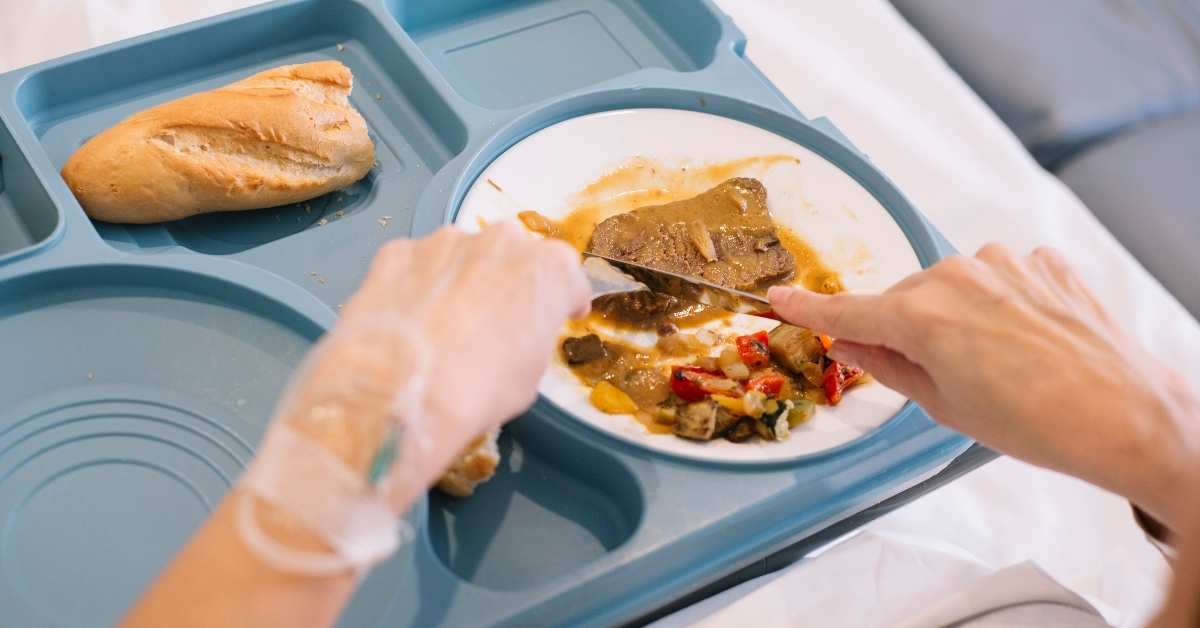The Capital Region of Denmark has adopted a new food and meal policy aimed at improving hospital nutrition, prioritizing patient needs, and promoting climate-conscious ingredients across its facilities.
New Policy Recognizes Food as Essential to Treatment
Hospitals in the Capital Region of Denmark will now operate under a newly approved food and meal policy that elevates the role of proper nutrition in patient care. The updated guidelines establish clear expectations for how food should be prepared, served, and adjusted to meet individual patient needs.
One of the central elements of the new policy is the recognition that nutrition is not merely a support service, but a critical component of medical treatment. Hospitals are now required to assess the nutritional risk of each admitted patient, and if there’s a risk of undernourishment, this must be documented in the patient’s medical record. The goal is to prevent complications, reduce recovery times, and enhance overall patient outcomes.
Combatting Undernourishment in the Hospital System
Currently, more than one in three patients admitted to the region’s hospitals are at risk of malnutrition – underscoring the urgency of the new initiative. Malnourished patients not only face longer recovery times but are also more prone to complications, increasing strain on the healthcare system.
The Capital Region aims to reduce these risks by ensuring that meals are not only nutritionally balanced but also tailored to the specific health and dietary needs of each patient. The policy mandates that hospitals involve nutritional experts in meal planning and delivery, recognizing their role as vital stakeholders in the treatment process.
Sustainability and Patient Satisfaction Go Hand-in-Hand
Environmental sustainability is another key component of the revised policy. Hospital kitchens are now encouraged to use climate-friendly ingredients wherever possible. Efforts include sourcing local, seasonal produce and increasing the use of organic food items.
At Bispebjerg and Frederiksberg Hospitals, for instance, between 90 and 100 percent of the food served is already organic – a standard marked by Denmark’s prestigious gold organic certification. These hospitals aim to continue setting benchmarks not only for nutritional quality but also for ecological responsibility.
Innovative Food Services Already Underway
Several programs across the region’s hospitals are already demonstrating the benefits of rethinking food services. At Herlev Hospital, a culinary-style à la carte menu allows patients to choose made-to-order meals, which has led to a notable reduction in food waste. In another initiative at the same hospital, elderly patients discharged to home care are offered specialized meals for the first 24 hours, easing the transition from hospital to home.
These examples showcase how personalized, high-quality food services can improve patient well-being while supporting operational efficiency and sustainability targets.
Prioritizing Comfort and Accessibility
The policy also emphasizes that food should be accessible and familiar. Meals must be offered both during and outside of typical kitchen hours, ensuring that patients with nonstandard schedules or appetite patterns are not left without proper nourishment.
Additionally, hospitals are encouraged to make it possible for patients to share meals with loved ones during visitation. This includes allowing family members to purchase the same meals provided to patients, helping to foster a home-like and supportive environment during hospitalization.
Next Steps for Implementation
With the policy now formally approved by the regional council, hospitals in Denmark’s Capital Region are expected to begin aligning their kitchen operations, staffing, and care protocols with the new guidelines. Kitchens will invest in training and potentially infrastructure upgrades to meet the policy’s demands.
At the same time, ongoing monitoring and feedback mechanisms will likely be put in place to track compliance, measure patient satisfaction, and adjust practices where needed. The policy is designed to be a living document that can evolve with emerging best practices and patient needs.
By recognizing the importance of food in recovery and integrating it into holistic treatment plans, the Capital Region of Denmark is setting a new standard for hospital nutrition that other regions in the country – and potentially beyond – may choose to follow.







